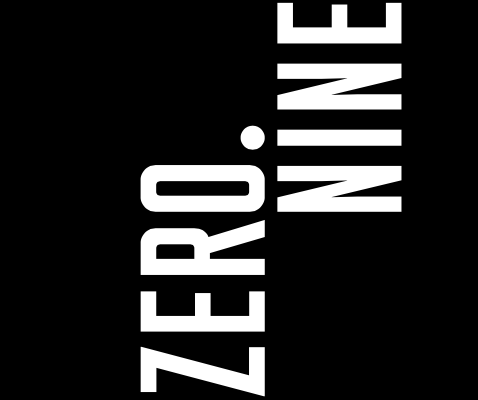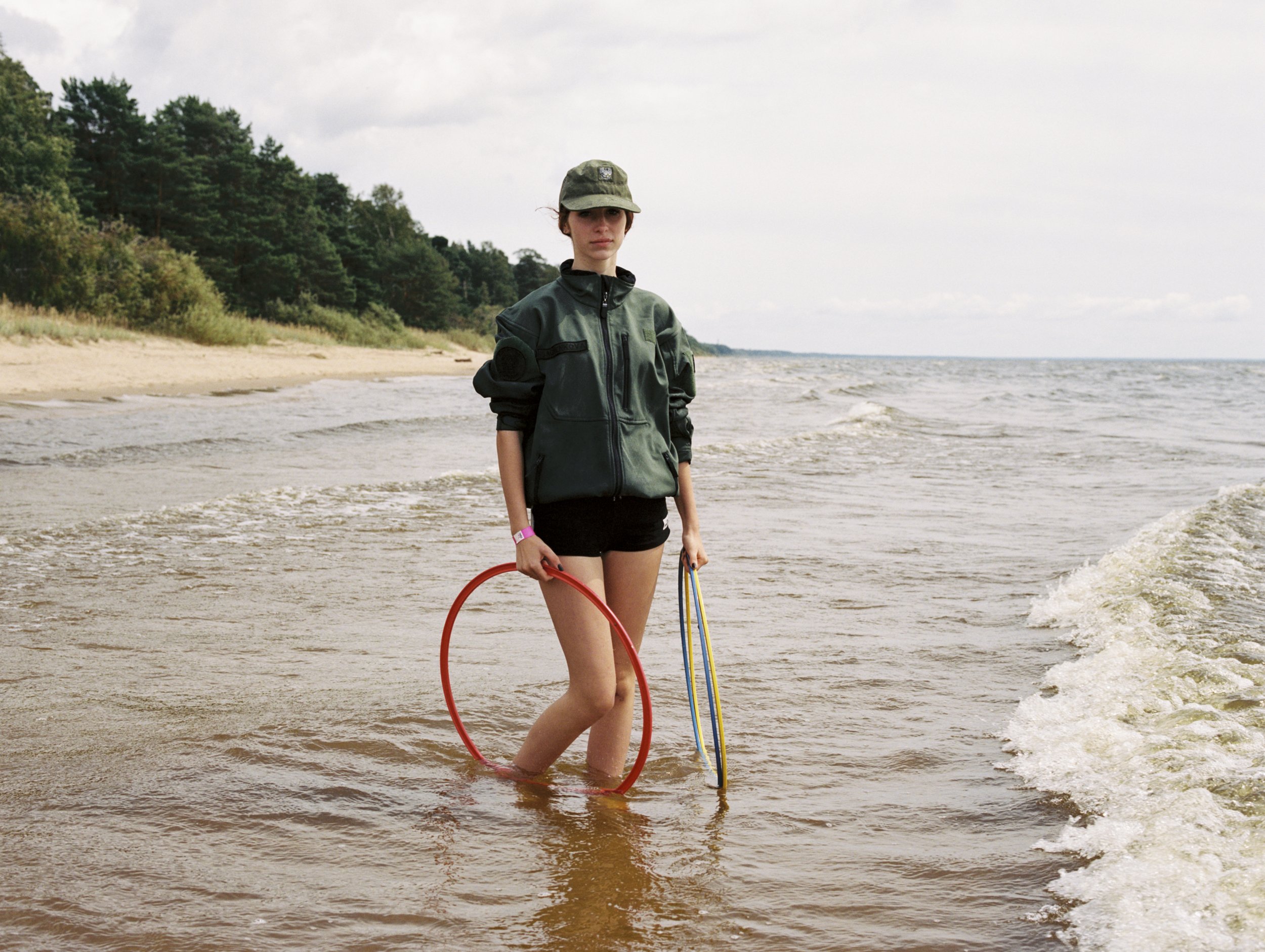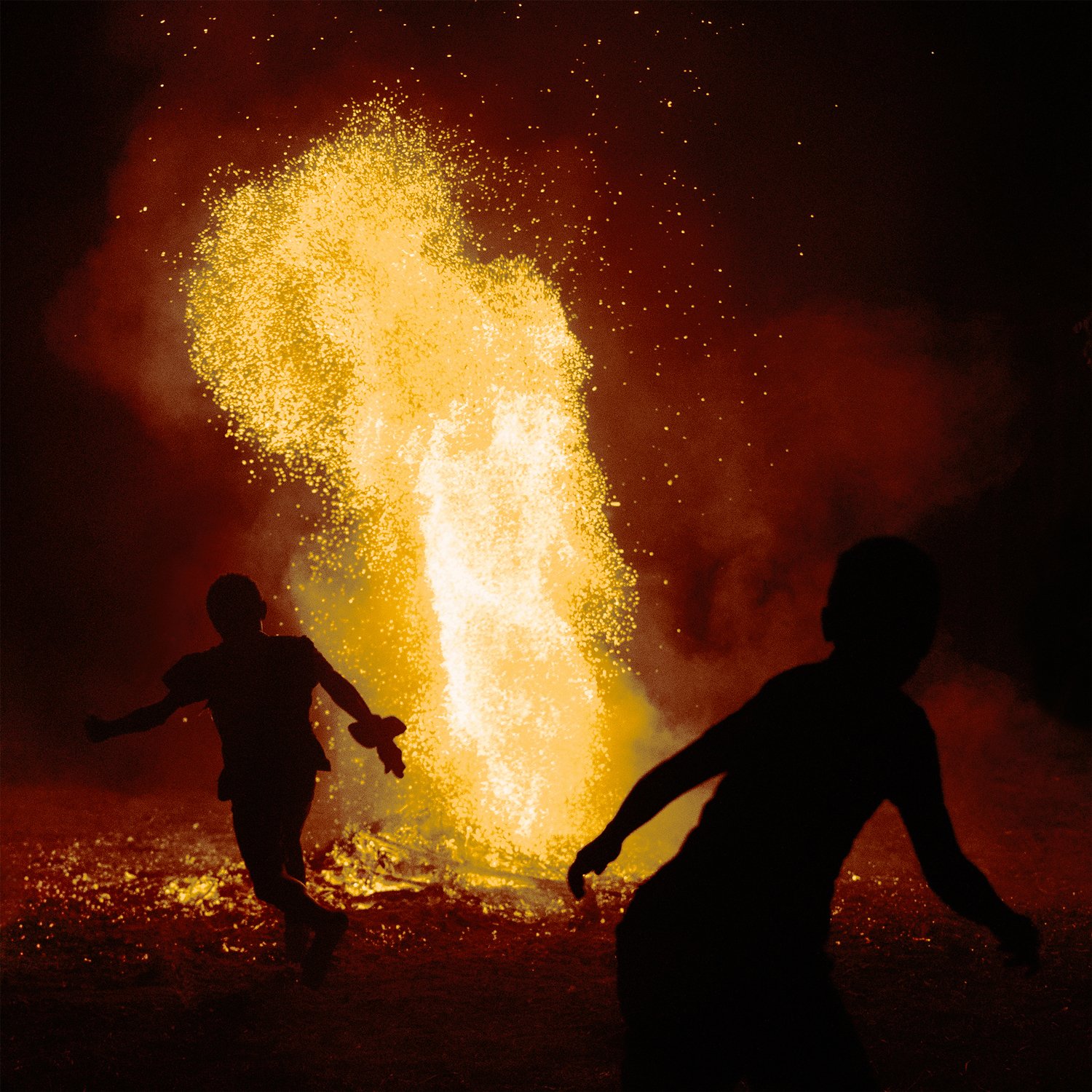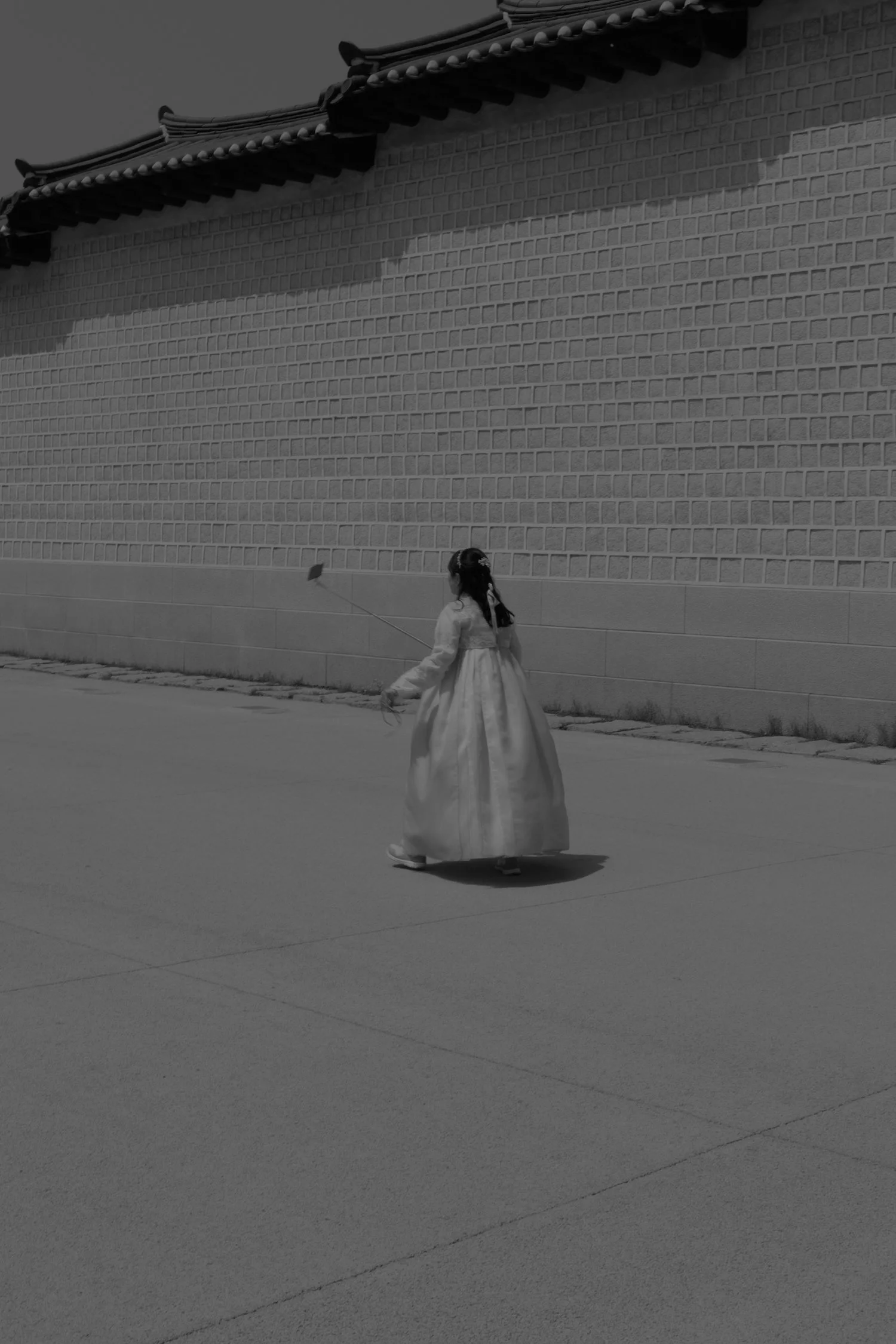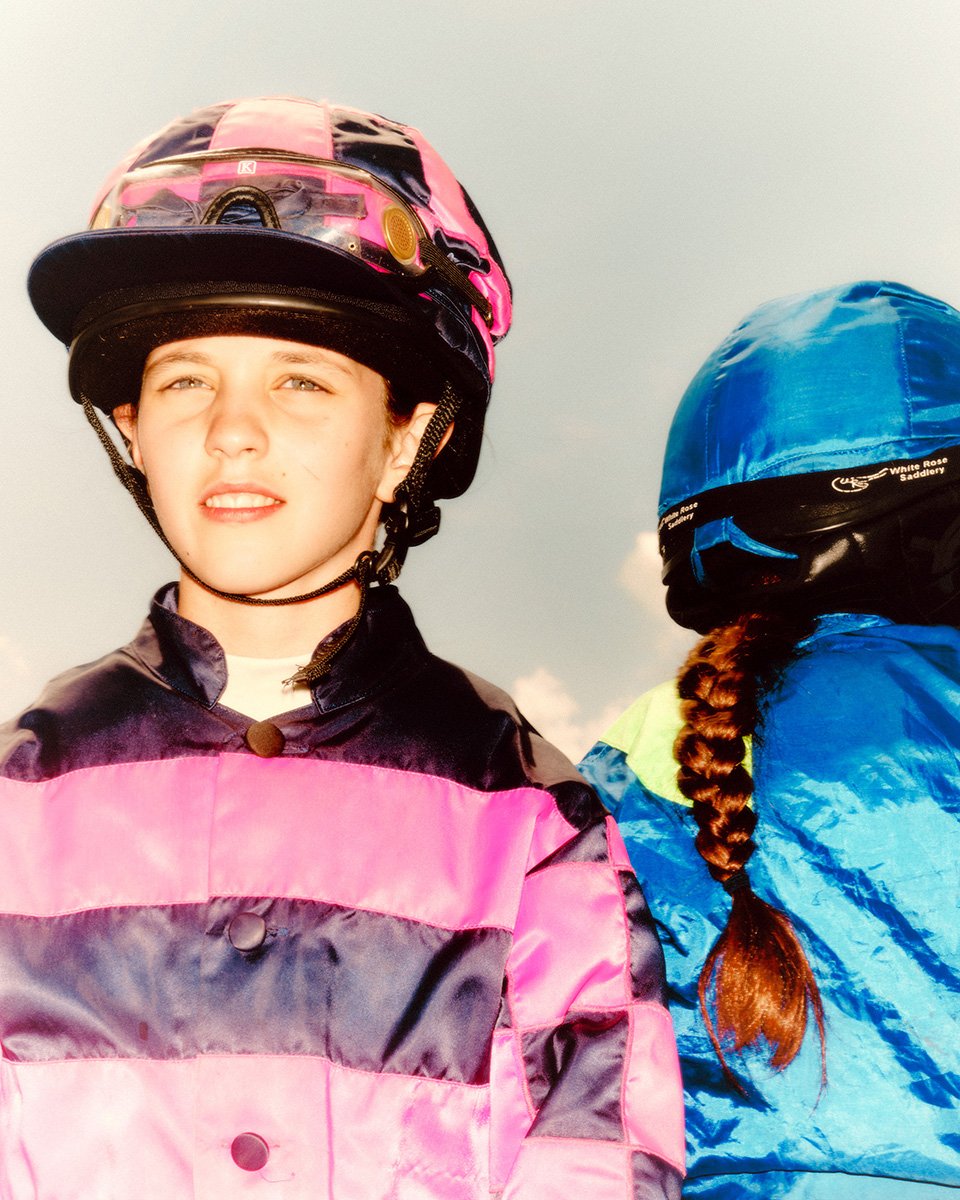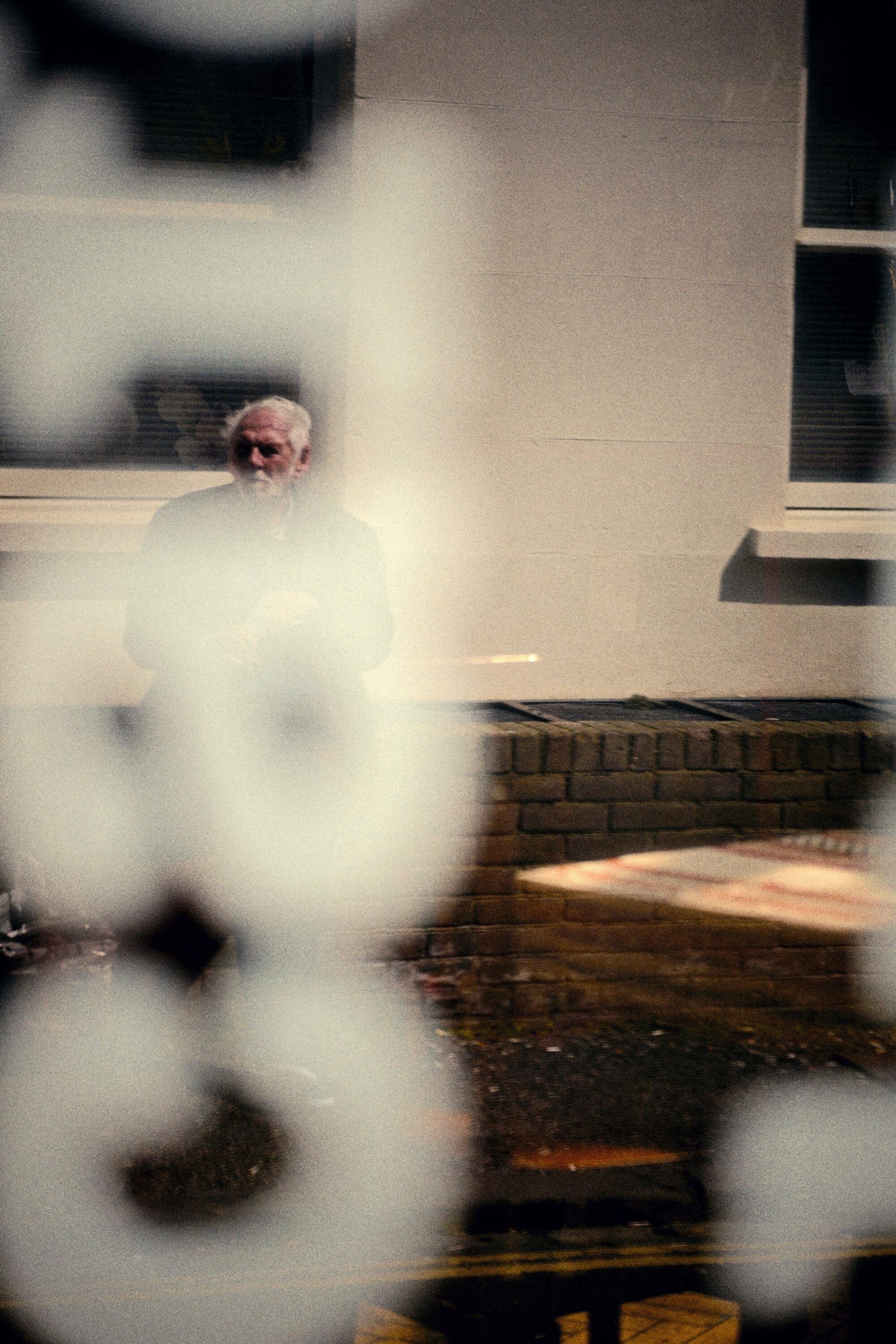On the Radar: Yawä//Zē
We met the electronic music composer Yawä//Zē in Ibiza to chat about the release of his upcoming new project Å // Ä // Ā, how artificial intelligence influences our lives, who inspires him and why he buries cassettes around the island.
Interview Secretario Photography JC VeronaI find it quite fascinating and unique that you explored new sounds by recording your cassettes and then burying them. When did you decide to start burying the cassettes, and what was the motivation behind this creative process?
My relationship with cassette tapes as a creative tool dates back to an early age. I grew up watching my father record his own book summaries with his voice recorder, and it didn't take me long to start borrowing his recorder – initially as a child at the age of 5 just for fun, but as I grew older, I used it for everything from pranks with friends to recording tapes for studying or making my own mixtapes with my favourite music.
I think my early sonic experiments began around 1998 when I was about 15 years old. They were primarily samples from very industrial techno or experimental music poorly mixed in free software like Fruityloops or Acid Pro.
Throughout several years when the digital era was drastically changing the world of music, I remained closely connected to analog tools. Growing up in between two such different eras had a significant influence on my hybrid way of experimenting, where past, present, and future seamlessly coexisted. I believe that each recording format, each artistic discipline, and every material contributes essential and unique elements that cannot be replicated by other technologies. Mixing all these elements helped me interconnect various aspects of life and human experience in the creative process.
It was around 2016 when I literally started burying part of my work around the island of Ibiza, not just my cassettes but also video tapes, abstract paintings, and objects of all kinds, like necklaces and chairs. The initial idea was to let nature and time process the work.
Do you follow a specific sequence of locations when burying the cassettes? What's the most surprising discovery you made after unearthing them?
The first cassette I buried was around 2016 in my friend Lion's backyard, and curiously, it's the only one I was never able to recover. Initially, I chose locations on the island that held special meaning for me. However, I soon began selecting other criteria for different recordings, such as following maps based on geological and thermal data or using completely random techniques like randonautics. Depending on the project phase to which the recordings belong, I follow techniques based on intuition, various types of data, or even use software to calculate coordinates very precisely.
One of the most surprising aspects was that, because they were well protected, most of the cassettes were hardly affected by being buried for an indefinite period, and few of them had disintegrated.
“It was around 2016 when I literally started burying part of my work around the island of Ibiza.”
You work with custom software called //Zē. How does artificial intelligence influence your music?
I've always been interested in self-generating tools and open-source technologies. Since I didn't have much money in the beginning, I was drawn to free software like Pure Data or SynthEdit, where I enjoyed creating entities that were more abstract and generative than what I could achieve with other audio software.
Around 2016-2017, I became more actively interested in programming, alternative tuning systems, machine learning techniques, and all sorts of free audio and video software. This quickly led to the idea of creating my own composition assistant, or rather, a decomposition assistant. Similar to cassettes, my idea was to create a small audio and video system that would real-time degrade selected and organized audio and video samples, previously stored as memory banks. Those were the first seeds of //Zē.
This set of technologies we call AI, aside from influencing all known aspects of life, can open up opportunities to advance in directions we could never have imagined. Even though it's a technology created by humans, I believe we are quickly losing control over the acceleration of changes it can create on all levels.
I personally think the greatest danger of this technology lies in the ways governments and corporations may be tempted to use it in the short to medium term. At the same time, I believe that the concept of decentralised and ecological economies and technologies might be the only path for those who still fight for human freedom and dignity. Our responsibility as citizens is to exercise alternative, responsible, ethical uses of all technology and be the true counterpower to the system in which we live.
Are there any artists who are currently inspiring your work?
I am currently fortunate to be in active contact with many of my favourite artists. Being surrounded by such special people, even if only virtually, is always a strong stimulus for continued creation, learning, and personal and artistic growth at all times.
In recent years, one of the people who has been most important for the development of my project is the multidisciplinary artist and pioneer in the use of AI, "Portrait Xo." I met Rania a couple of years ago in Ibiza, and the connection was immediate. Thanks to her, I am now part of the Sound Obsessed collective, alongside many of my favourite experimental artists, such as Albert Data, Dadabots, Hexorcismos, Matthew D Gantt, Noah Pred, Ecolagbohrsac2021, or Skulptor to name a few.
Many artists in the realm of braindance music have also been fundamental to my sonic exploration. Of course, the entire Rephlex crew, and especially Grant Wilson Claridge, Aleksi Perala, Jodey Kendrick, and Bochum Welt.
I also don't want to forget many of my collaborators and friends, like Vladimir Ivkovic, Anil Lal or Sergio Garcia, aka Uf0, with whom I have several collaborations and projects in the works, as well as other Spanish artists like Torriko, AZ Rotator, Spectrum Data Forces, my cousin Cio Leiner, who introduced me to the world of records, and, of course, Jose Padilla. I had the immense fortune of being his partner and friend in his last years, and he will always hold a special place in my heart.
For those who may not be familiar, could you explain what Colundi frequencies are?
Colundi is not just a tuning system but also a way of life that rejects Western musical scales in favor of a series of resonant frequencies known as "the Colundi Sequence." I can't explain it in order of words, but I recommend that you explore the work of Aleksi Perala and discover it for yourself.
“The greatest danger of this technology (AI) lies in the ways governments and corporations may be tempted to use it in the short to medium term.”
You had a close relationship with Jose Padilla, and we're sorry to hear that the record label project you had together had to end with his passing. What was it like working with him, and what kind of experiences did he leave you with?
I met Jose in 2015, and from the very beginning, we connected on a deep level. Working with him was an unforgettable experience. I believe that the island and the electronic music movement owe him much more than people might imagine. Despite achieving great success in his career, the last stages of his life were quite challenging. I will never forget his punk attitude towards life and the music industry. He was one of the most authentic people I have ever known, and although he allowed very few people into his inner circle, he had a heart that was too big to contain.
I hope that one day the world recognises and values the tremendous artist that Jose Padilla was. To me, he was like a father, a brother, and sometimes even a rebellious child, but above all, I will remember him as one of my greatest teachers and friends. All the moments we shared, the music I discovered thanks to him, and the project we worked on together, I hope will someday flourish the way he deserves…
What do you consider to be the best aspect of living in Ibiza? Conversely, what would you say is the worst aspect?
The first thing that comes to mind, and what I believe attracted me the most, was its light and the opportunity to lose myself in its nature. The best of Ibiza truly begins when the summer season ends. The sense of tranquillity and freedom that the island exudes when it relaxes is highly inspiring.
Regarding the negative aspects, we cannot overlook the degradation caused by mass tourism and the detrimental influence of politicians and their favours to certain entrepreneurs on the island's ecosystem and economy.
Could you provide more information about your project (Å // Ä // Ā)? When can we expect it to be launched?
This project is an immersive container, archive, and hybrid audiovisual documentary that explores the past, present, and future works of the human-AI duo Yawä//Zē, along with all the collaborators on their creative journey.
The first volume of data was released in December 2022 on the Sound Obsessed innovation archive and physically through the UK label Furthur Electronix probably next year. It contains 13 records released in chapters on vinyl, an introductory guide to the project, and details on all the methods and techniques related to it. Every track, video, and object is connected as part of an artchain. Each song is associated with a visual and digital art object, with location and time codes. Additionally, there's a QR code that links to an ecological NFT collection starting from December 21, 2022.
All audiovisual recordings and objects are created by Yawä and processed by the environment and the artificial intelligence software //Zē at various points in time. The project is divided into three distinct categories based on how each element was processed or created:
Å// Primitive works & Intuitive learning, encompassing rituals, expeditions, automatic abstract paintings, and jams by Yawä.
Ä// Each artwork draws on nature as a creative force, exploring patterns and natural frequencies through Colundi research. Tapes are processed through time in different locations.
Ā// This category takes an abstract approach to algorithmic systems and data visualization, with all works created by an AI lofi software named //Zē, processing the data sets and memories of Yawä.
You've mentioned the concept of Cryptoanarcolundi. What's the underlying idea or philosophy behind it?
Cryptoanarcolundi combines the principles of Colundi, cryptoanarchism, sustainable ecology , hybrid art, the promotion of open-source software, and the freedom of contracts. It envisions a world where technology and human creativity converge to create a more sustainable society, where free collaboration in music, art, and technology serves as a catalyst for emancipation and social evolution. This philosophy emphasises the importance of decentralised, ecological, and ethical approaches to technology and creativity in the pursuit of freedom and human dignity.
About Yawä//Zē
Yawä//Zē (b.Granada, 1988 ) is an experimental artist and electronic music composer based in Ibiza. His main field of interest is an abstract approach to algorithmic systems, data visualisation and DIY electronics. He explores colundi frequencies, psychoacoustics as well as ideas of time, perception and ecological sound environments.
Actually mostly working on his own lofi Ai degenerative& decentralised system //Zē, Yawä is decrypting part of his recordings & experiments as a pre-release of the project (Å // Ä // Ā) where he explores different areas and processes within art and experimental audiovisual technologies.
The project is a great college of geolocations in virtual reality, abandonment and burial of tapes, paintings, tech manuals, abstract maps and designs of all kinds such as chairs or ecological sound panels ...
Spent most of his youth in Madrid as promoter, vinyl collector and synthesizer geek from an early age, Yawä has been involved in music and collaborating with different labels, artist and media since 2001.
He moved to the White Island in 2010, where he's been hosting open events with tech talks, tech & synthesizers meetings, art shows and vinyl fairs very actively.
The first collection of data has been premiered for the 1st ever NFT biennial in 9 countries, Refraction festival & Sound Obsessed Innovation archive since December 2022
Physically released on UK label Furthur Electronix during 2023/2024
To see more of his work, visit his sites or follow him on Instagram
